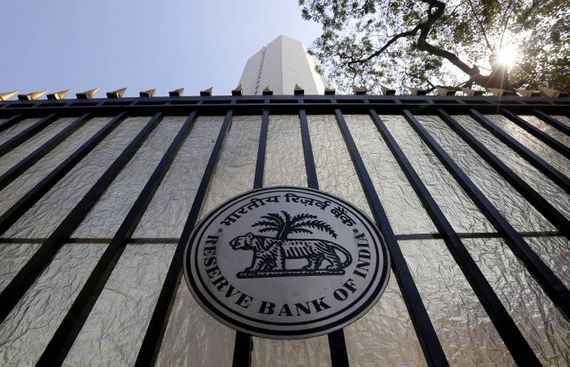Blatant disregard of RBI's CAR rules made IFIN island of corruption

At the core of the banking business remains CAR - Capital Adequacy Ratio (CAR), which is also known as Capital to Risk (Weighted) Assets Ratio (CRAR). This is the ratio of a bank's capital to its risk. National regulators track a bank's CAR to ensure that it can absorb a reasonable amount of loss and comply with statutory capital requirements. In IL&FS Financial Services case, IFIN disclosed CRAR as per the company-devised policy and not as per the RBI directions on the matter.
In a flagrant disregard for RBI's CAR rules, it tried to remain an island and did pretty much what it wanted. The rules are a pre-requisite and a basic industry requirement. The RBI had, as part of its inspection, calculated and conveyed the CRAR in accordance with the directions. For the year 2016-17, IFIN neither recalculated nor disclosed the full details on the discrepancies, which was material information. It shows that the closed user group, which ran the shadow bank like a personal fiefdom, chose not to conform to standard practices in the banking industry and instead went about its merry ways leading to widespread corruption, nepotism and chicanery. The tale of woe has imperilled the Indian financial system since last September when the news of its going belly-up first emerged.
The SFIO probe reveals that the management had not disclosed the CRAR as assessed by the RBI in the disclosures forming part of financial statements. For FY 2017-18, the CRAR had been disclosed as per the existing practice norms despite the regulator's instruction on calculation of NOF and CRAR. The financial statements don't show true and fair view as the CRAR (a material fact/information) represented in the financial
statements is misstated.
Moreover, the Investigation team also found instances of funding the overdue loans to financial year 2013-14 which was governed by the provisions of the Companies Act, 1956. This included a loan of Rs 15 crore to Parsvnath Group as fresh loans in the month of August 2010 and March 2013 which were used for the purpose of payment of previous loan amount. Similarly, in March 2013, loan amounts of Rs 240 crore were sanctioned to Grevek Investment & Finance Pvt Ltd (GIFPL) and Rs 230 crore to SKIL Infrastructure Ltd and these used for the purpose of the payments of existing loans.
In an indictment of the all-round calumny and falsehoods which the management lived by, the signatories of these accounts, including statutory auditors of the IFIN, suppressed the information of various loans for which provisioning should have been made in the financial statements. They knowingly avoided these provisioning in the books of
accounts of the company which led it to fraudulently inflate the profits of the company to present a rosy picture.
Read more news:


.jpg)
